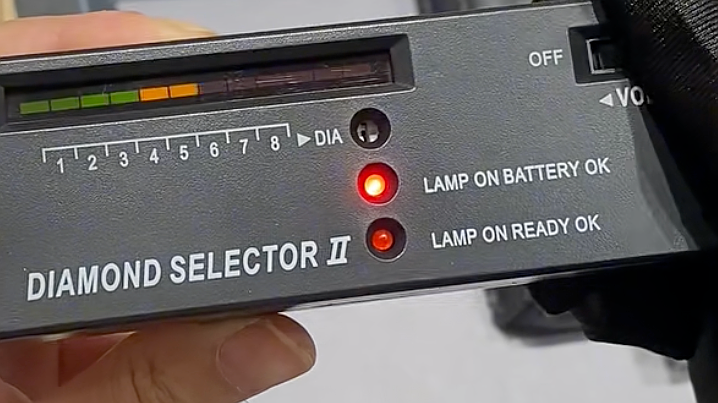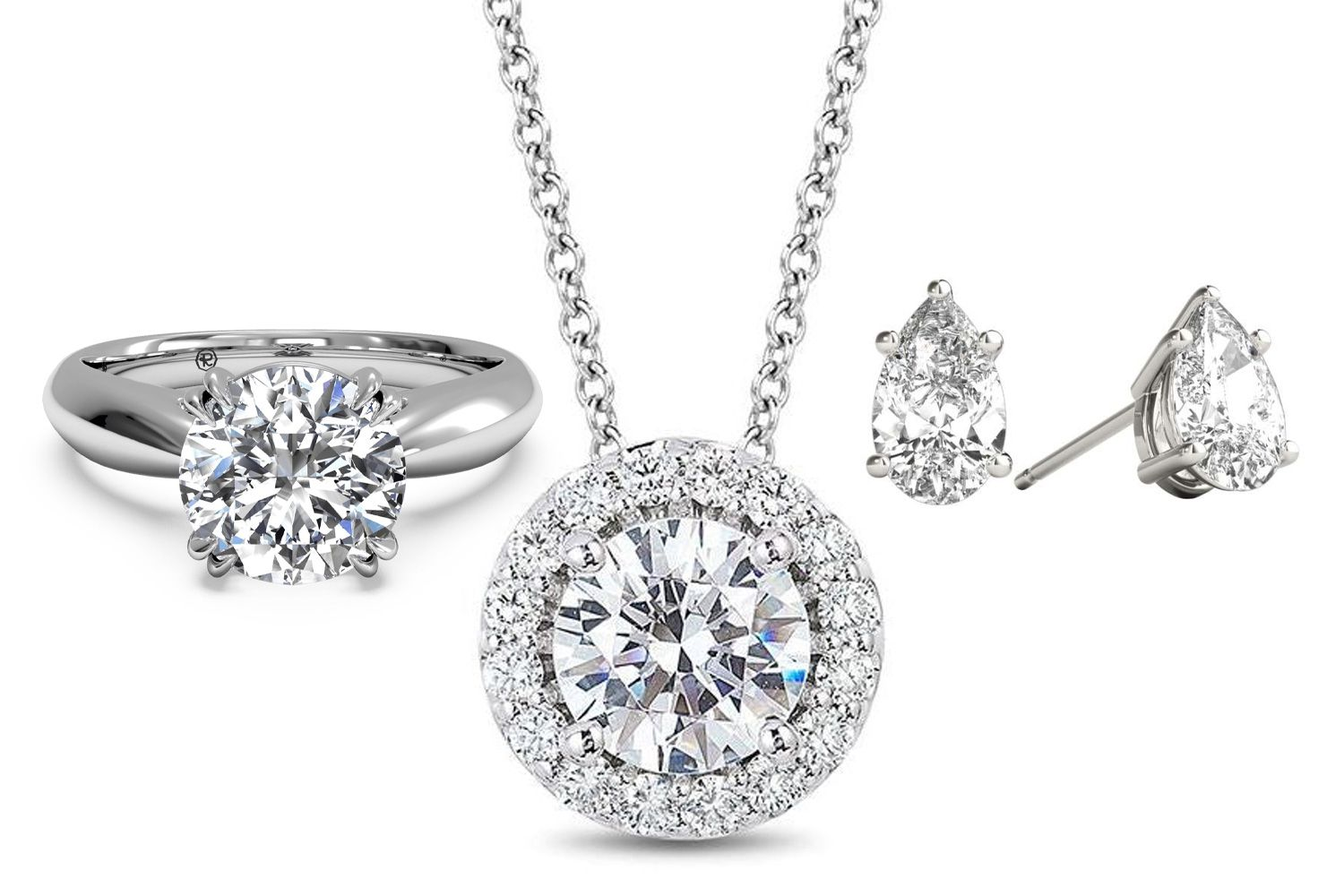Introduction
If you’re considering a lab grown diamond, you’ve probably wondered: Will it pass a diamond tester? Will it register as “real”?
The short answer: yes—lab grown diamonds pass standard diamond testers. But the full story is even more important to understand. This guide explains how testers work, what they detect, and why lab certification matters when verifying a diamond’s identity.
What Is a Diamond Tester—and How Does It Work?
Diamond testers are handheld tools used to quickly confirm whether a gemstone is a real diamond. Most testers rely on one of two principles:
- Thermal conductivity – Real diamonds conduct heat extremely efficiently. Lab grown diamonds do too.
- Electrical conductivity – Often used to detect moissanite, which conducts electricity differently than diamonds.
✅ Result: Lab grown diamonds typically pass both types of tests because they share the same physical and optical properties as mined diamonds.
Can Testers Tell Lab Diamonds From Natural Ones?
No. While testers can confirm that a stone is a diamond, they cannot identify whether it is lab grown or mined.
According to the International Gemological Institute (IGI):
“Lab grown and natural diamonds are optically, chemically, and physically identical. A handheld tester will not detect the difference.” — IGI Education Center
What About Fake Diamonds?
Let’s compare how different materials respond to diamond testers:
| Material | Pass Tester? | Notes |
|---|---|---|
| Cubic Zirconia (CZ) | ❌ | Poor thermal & electrical conductivity |
| Moissanite | ❌ | Fails electrical tests |
| Lab Grown Diamond | ✅ | Passes all major tester types |
| Mined Diamond | ✅ | Passes all tester types |
👉 If it passes, it’s likely a real diamond—lab grown or mined. If it fails, it’s likely a simulant.
How to Confirm Authenticity Beyond Testers
Testers can verify if a gem is a diamond, but not its origin. To confirm whether your diamond is lab grown or mined, look for:
- IGI or GIA certification
- Laser inscription on the diamond’s girdle
- Matching grading report
These provide traceability and assurance—every Neoshine diamond includes them.

Frequently Asked Questions (FAQ)
Will a lab grown diamond pass a diamond tester?
Yes. Lab grown diamonds are chemically and structurally identical to mined diamonds, so they pass both thermal and electrical tests.
Can a tester tell if it’s lab grown or natural?
No. Only advanced lab instruments (like spectroscopy) or official certification can determine a diamond’s origin.
Will moissanite or CZ pass a diamond tester?
Moissanite might pass a thermal test but fails on electrical tests. CZ fails both. Lab diamonds pass all.
How can I be sure I have a lab grown diamond?
Ask for a certificate from IGI or GIA and check for a laser-inscribed report number.
Conclusion
Lab grown diamonds do pass diamond testers—because they’re real diamonds. Testers confirm “diamondness,” not origin. To know where your diamond came from, always ask for a certificate from a trusted gem lab.
At Neoshine, every diamond is IGI-certified, laser-inscribed, and chosen for its brilliance, integrity, and value.



